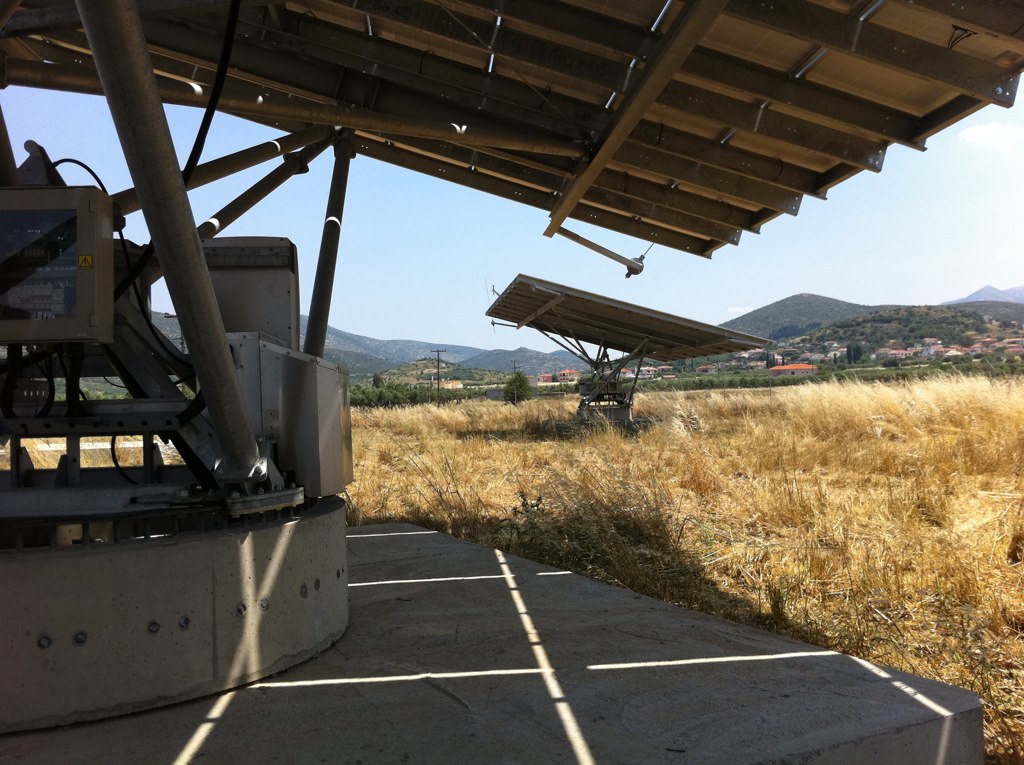Greece’s energy regulator has published its version of policy guidelines that should govern Greece’s next renewable energy auctions, in December.
The Regulatory Authority for Energy (RAE) tender rules are open to public consultation until Monday but the organization has said it will stick to the tender timetable, ensuring the commissioning process can take place this year.
The regulator has also privately communicated to the Greek energy ministry its views on the amount of capacity to be tendered and the starting price for bids.
Photovoltaic capacity will be tendered on December 4 and 5. The first of those two tenders concerns PV projects up to 1 MW each in scale, with larger projects, up to 20 MW, tendered the following day.
Projects on the Greek islands that are not interconnected to the mainland’s grid are excluded from the tenders.
The plan follows Greece’s previous solar PV auction, in July, and is in line with the country’s renewable energy law.
Interested investors for either tender must apply electronically to the RAE by November 2, with hard copies submitted by November 7 and the application fee per project is €500 ($577) and €1,000 for the respective exercises. Investors must also submit financial guarantees.
Tender rules
Although the above rules are not expected to change from previous tenders, the RAE’s consultation documents include provisions that are likely to be subject to heavy criticism.
For instance, the regulator has suggested limiting bidders to portfolios of projects of up to only 20% of the total tendered capacity. Thus, of the anticipated 94 MW of capacity in the smaller-scale auction, an investor can participate with a portfolio of a maximum 18.8 MW. The RAE is aiming to tender 100 MW of capacity in the larger projects exercise.
Greek PV associations are also unhappy with a minimum tender participation level requirement that stipulates unless auction capacities are oversubscribed by at least 75%, the capacity available will be reduced.
The RAE argues this requirement facilitates competition in the tender and drives down prices, but PV associations claim the 75% figure is too high. They argue there are not enough projects with the necessary licenses to qualify them to enter the tender. Such licenses include a grid connection agreement, or an offer by Greece’s distribution grid electricity operator to connect a candidate PV project to the grid.
According to the RAE’s masterplan for Greece’s renewable energy auctions, the country should tender at least 300 MW of solar PV capacity this year. In July, Greece awarded around 106 MW.
This article was amended on 12/10/18 to explain the RAE's minimum tender participation level requirement.
This content is protected by copyright and may not be reused. If you want to cooperate with us and would like to reuse some of our content, please contact: editors@pv-magazine.com.



By submitting this form you agree to pv magazine using your data for the purposes of publishing your comment.
Your personal data will only be disclosed or otherwise transmitted to third parties for the purposes of spam filtering or if this is necessary for technical maintenance of the website. Any other transfer to third parties will not take place unless this is justified on the basis of applicable data protection regulations or if pv magazine is legally obliged to do so.
You may revoke this consent at any time with effect for the future, in which case your personal data will be deleted immediately. Otherwise, your data will be deleted if pv magazine has processed your request or the purpose of data storage is fulfilled.
Further information on data privacy can be found in our Data Protection Policy.